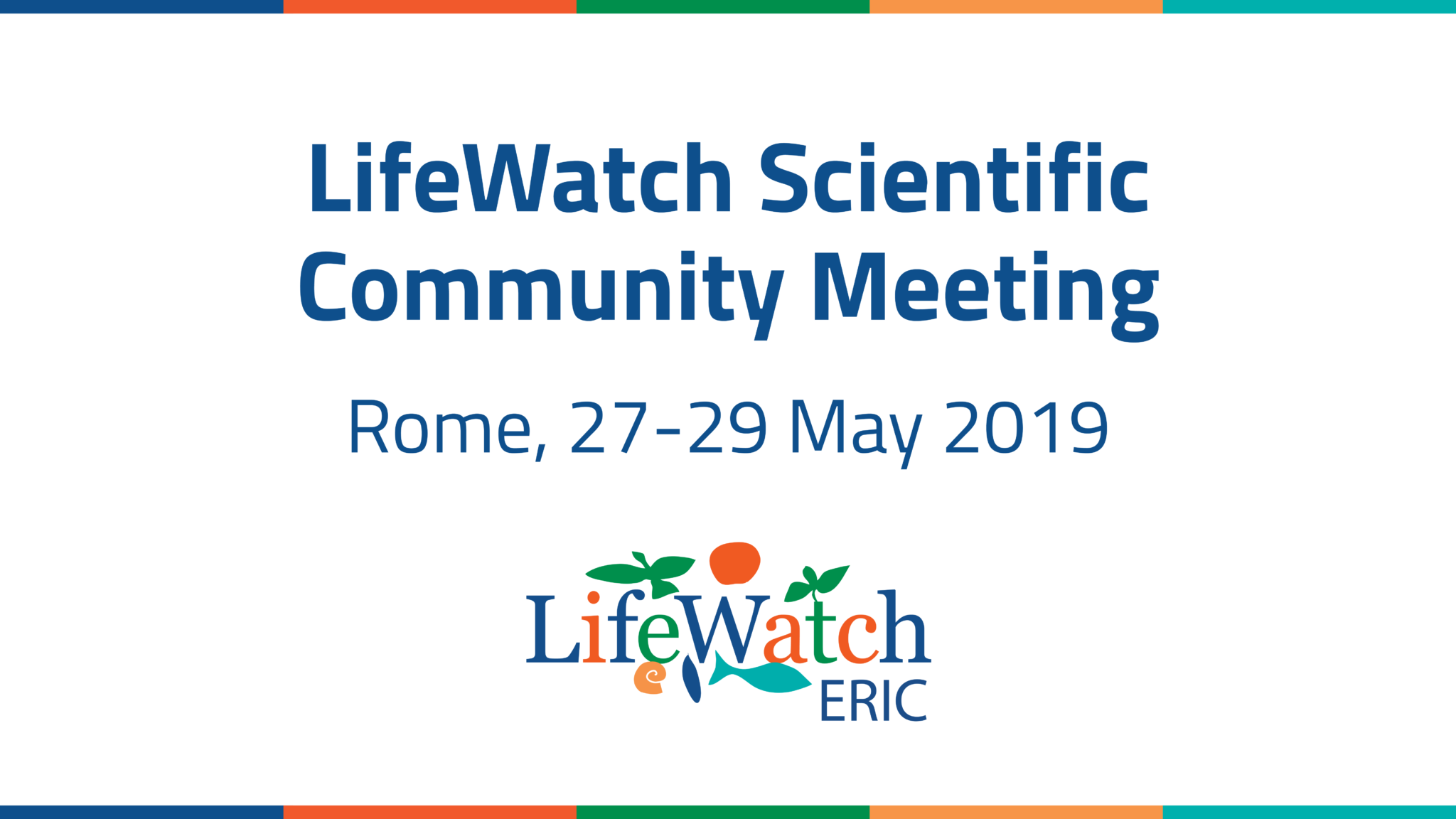About
Plenaries were followed by Working Sessions that aimed to promote greater involvement of the user communities in LifeWatch ERIC, and to gather clear indications of their needs, in terms of services and VRE developments, to facilitate and support their research activities. Participants were also involved in contributing to working session flash presentations.
A Round Table discussion closed the meeting.
